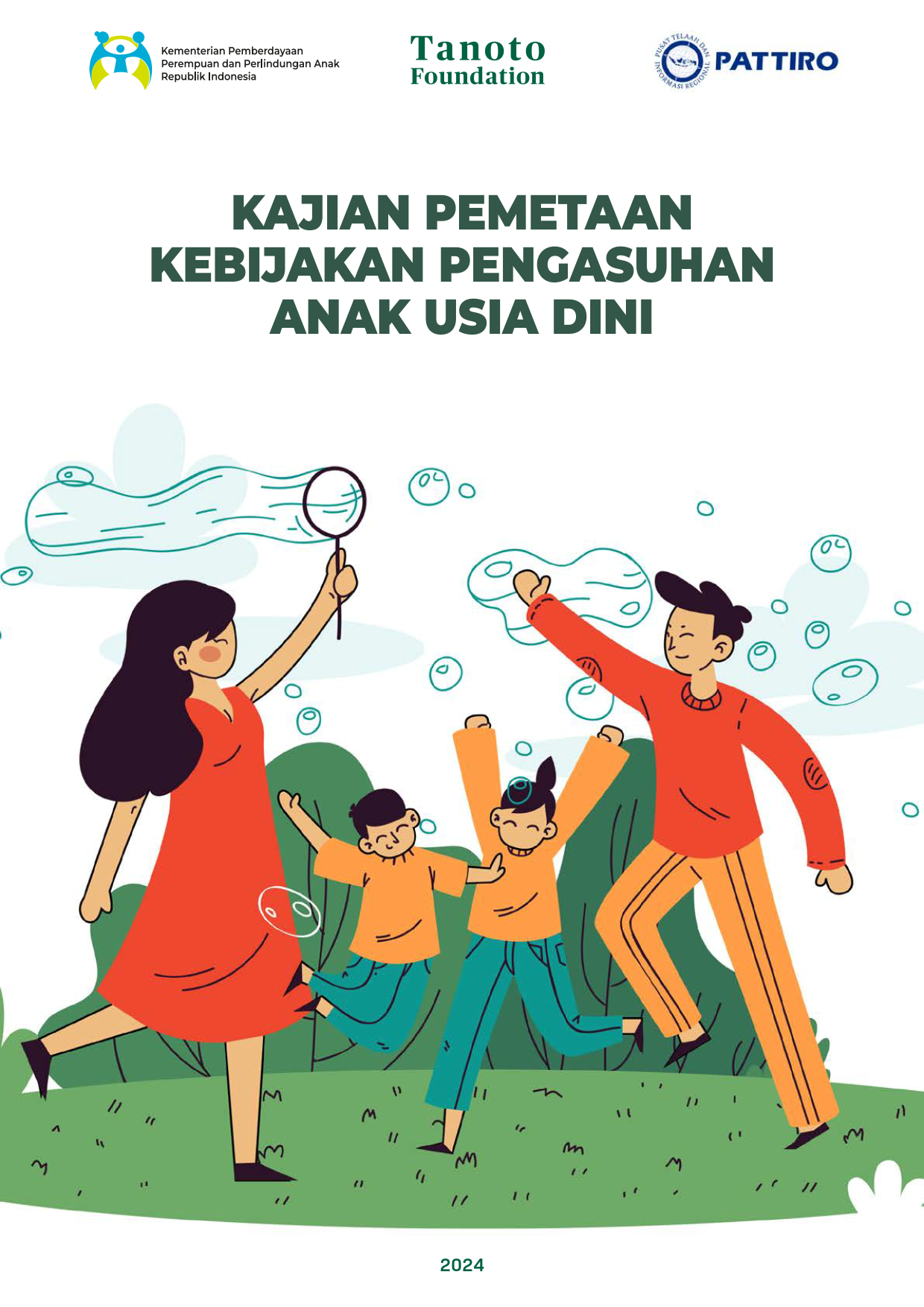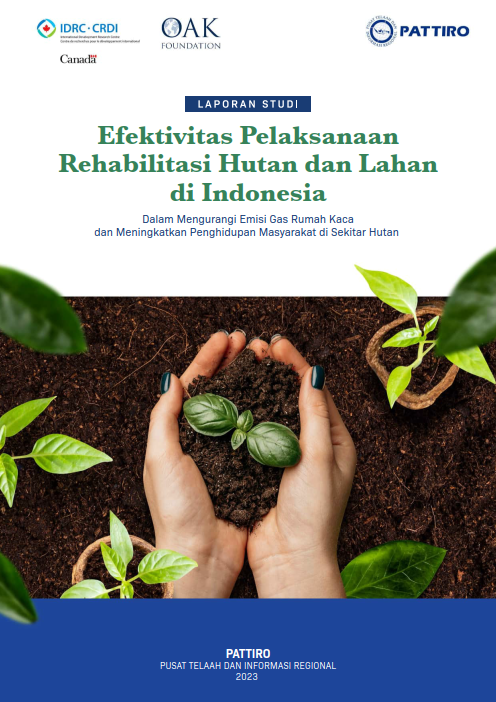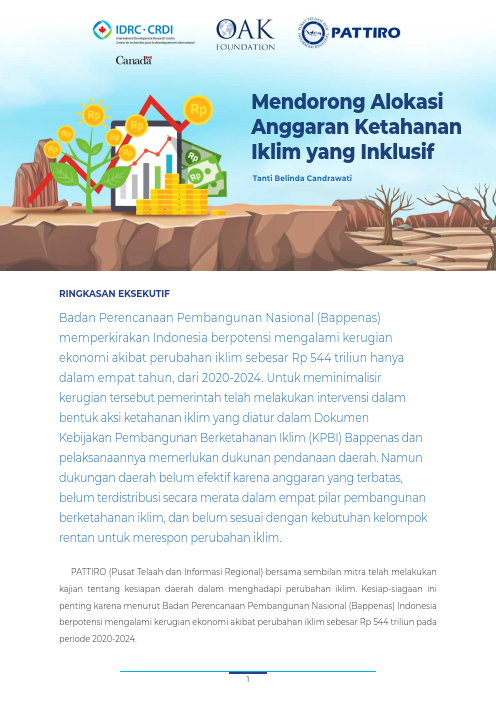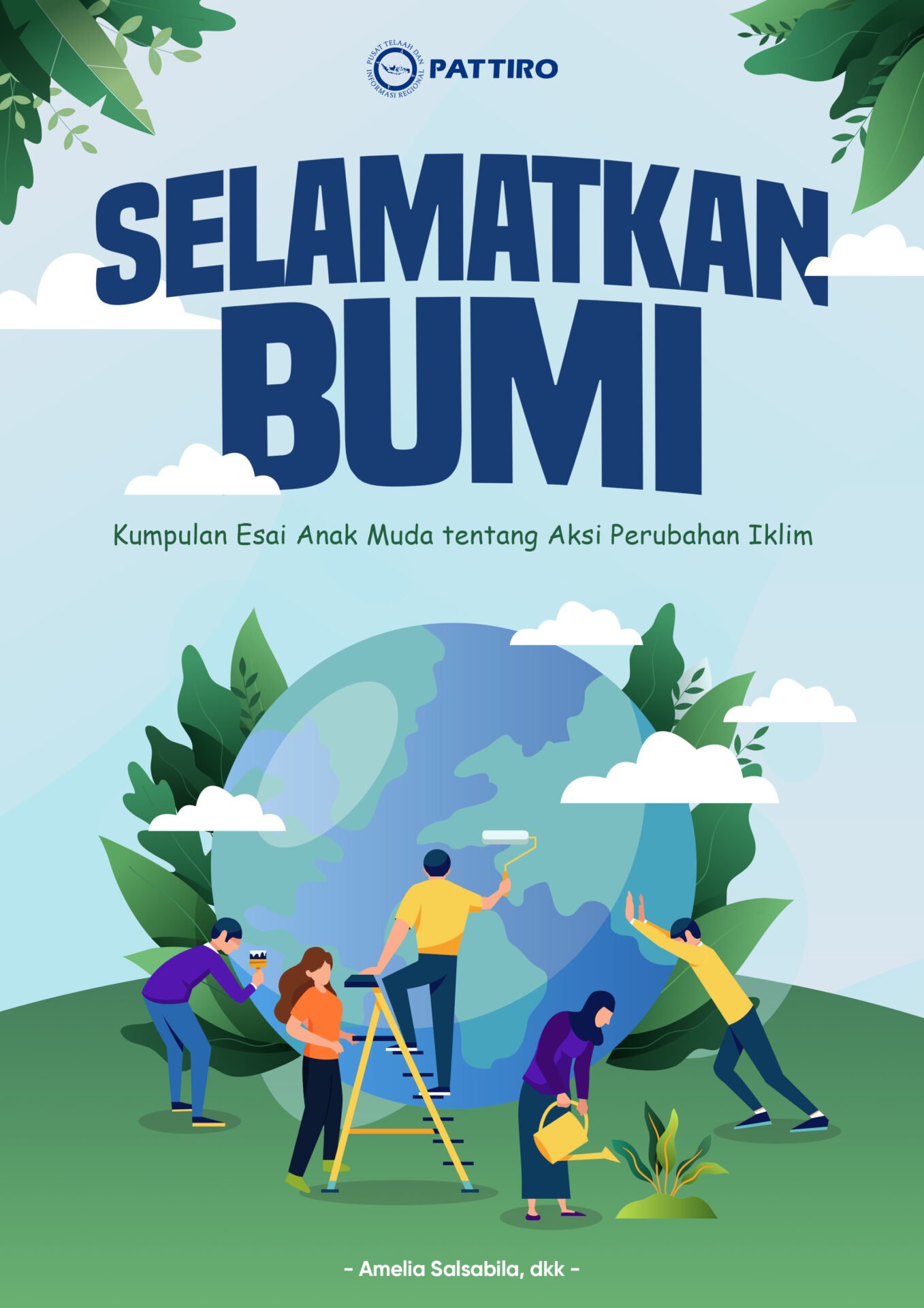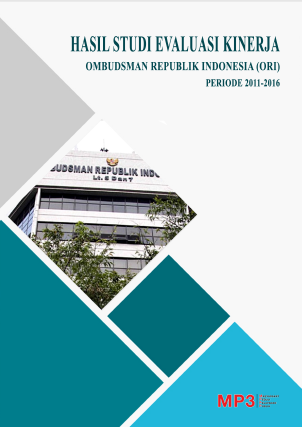 The Ombudsman of the Republic of Indonesia (ORI) for the 2011-2016 period is the first generation following the ratification of Law Number 37 of 2008 concerning the Ombudsman of the Republic of Indonesia which strengthens ORI’s institutional mandate to supervise the implementation of public services. At the end of this first generation period, YAPPIKA together with the Community Concerned with Public Services (MP3), including PATTIRO, considered that it was very important to carry out a study on performance evaluation which would be a portrait of current conditions as well as a basis for projections for ORI improvements in the future.
The Ombudsman of the Republic of Indonesia (ORI) for the 2011-2016 period is the first generation following the ratification of Law Number 37 of 2008 concerning the Ombudsman of the Republic of Indonesia which strengthens ORI’s institutional mandate to supervise the implementation of public services. At the end of this first generation period, YAPPIKA together with the Community Concerned with Public Services (MP3), including PATTIRO, considered that it was very important to carry out a study on performance evaluation which would be a portrait of current conditions as well as a basis for projections for ORI improvements in the future.
This ORI Performance Evaluation Study Results Book for the 2011-2016 Period is a shadow report from the annual report released by ORI internally. As a shadow report, this study is expected to encourage public accountability for ORI which usually monitors and assesses compliance of other Ministries/Institutions (K/L) with Law Number 25 of 2009 concerning Public Services. The aim is for the public to be openly involved in assessing the level of K/A compliance. This is important because civil society such as MP3 has been involved from the start, namely since the discussion stage of the Draft Public Service Law in 2006. MP3 also believes that participation must appear from the planning, monitoring, to evaluation stages.
The various findings and recommendations in this study can not only be additional information for selected ORI Members for the 2016-2021 period to view the problem map and develop corrective steps, but also a reference for the public to monitor and encourage these corrective steps in the future. The increase in the number of incoming reports from 2011 to 2014 which reached 357% is proof of public trust in ORI which needs to be maintained. The way to do this is by continuing to open up the widest possible space for public participation. ORI must also open up opportunities for the public to get involved in monitoring ORI’s performance if public findings show that ORI’s performance in carrying out its mandate and managing its institutions is not optimal.

